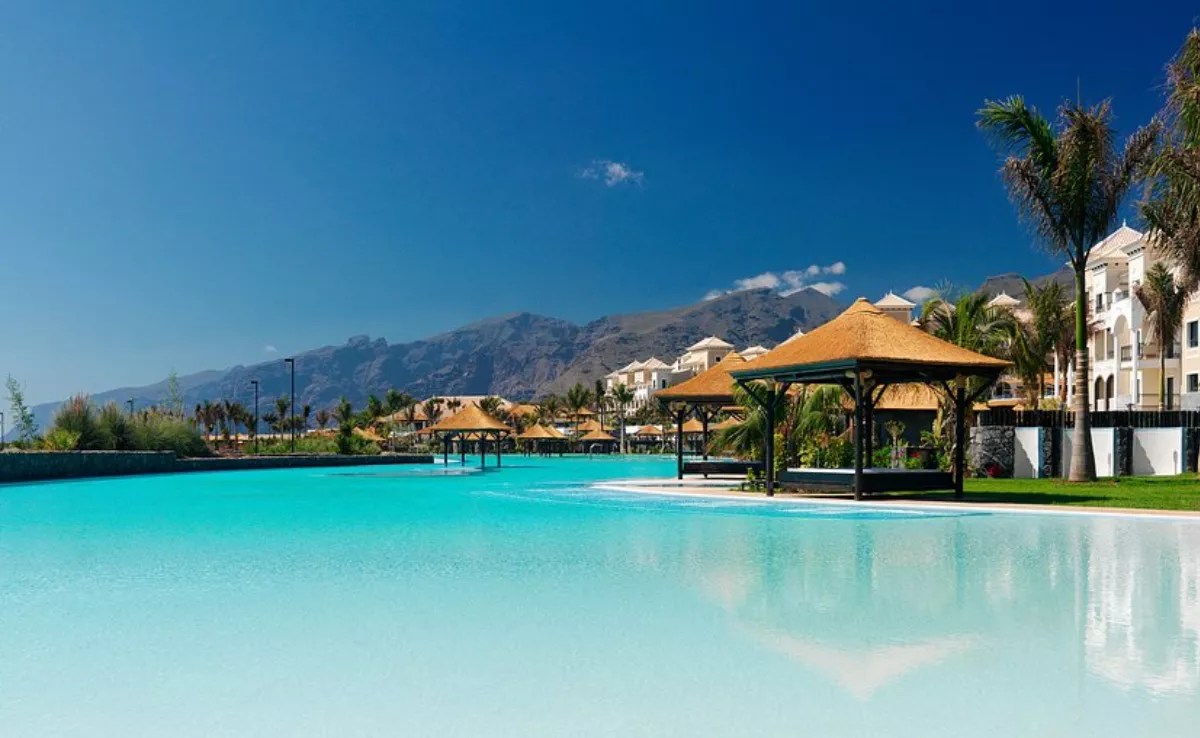Yesterday, the Plenary Session of La Laguna sanctioned the motion proposed by the PSOE, which works alongside CC to “exercise the municipal autonomy of La Laguna to facilitate the removal of all symbols, names and monuments associated with the Franco regime” within the municipality, in adherence with law 5/2018 on Historical Memory of the Canary Islands and law 20/2022 on Democratic Memory.
The session commenced with a minute’s silence in remembrance of those who lost their lives in the recent boat tragedy near El Hierro.
The approved document, which incorporated a United Nations amendment to affirm and expand upon the resolutions passed during the plenary session last May on this issue, received backing from the local government parties as well as Drago Verdes Canarias and Unidas. In contrast, the PP and independent councillor José Manuel Brito abstained, while Vox voted against it.
PSOE spokesperson Badel Albelo noted that a catalogue had been developed in accordance with the law, entrusted to specialists from ULL, and although the decision has been made to revoke, “it is the responsibility of this city council to act with autonomy and democratic integrity in removing these Francoist symbols.” He acknowledged the contributions of María Isabel Navarro in compiling this catalogue. The agreements also specify that the removal of these emblems will align “with the efforts of ULL” and include input from “the La Laguna Heritage Council.” Additionally, a plan will be created to substitute these elements with “symbols and monuments that embody democratic values and harmonious coexistence.”
Furthermore, the Plenary unanimously rejected the “macro-centre model” for migrant receptions, such as the Cristo and Polvorín de Tabares barracks, arguing that “they lack the appropriate measures to ensure the health and well-being of individuals,” particularly minors, after learning of the State’s proposal to the Canary Islands Government to utilise these military facilities for such purposes. This was encapsulated in a motion put forth by Unidas, agreed upon with the local government, and which also garnered support from the PP, Drago, and the independent councillor, with only Vox voting against. The text reiterates La Laguna’s “commitment” as a welcoming municipality and advocates for the “essential reception of migrant minors by all autonomous regions.”
The Plenary also unanimously supported a motion from the PP, amended by the local government and Unidas, to address issues arising on Rey y la Reina street regarding the occupation of certain residences. Consequently, it was agreed to initiate discussions with the property owner (Sareb) “for the potential acquisition of the contested properties, provided that the assessments support their inclusion in the municipal public estate,” as well as to “enhance policing efforts by the Local Police.”
Vehicles
Moreover, the plenary session ratified, with support solely from the local government, a modification of the fiscal ordinance governing the vehicle tax, which abolishes the tax relief for vehicles older than 25 years. This decision faced criticism from the opposition, with the PP, Vox, Drago, and the independent councillor voting against, while Unidas abstained.
“This penalises families with lower income, as anyone who possesses a vehicle older than 25 years and does not replace it is likely unable to do so,” representatives from Drago argued. Unidas condemned the measure, asserting that “the initiative focuses on revenue generation rather than environmental concerns,” estimating an influx of around two million. Paqui Rivero, the Treasury councillor, defended that “this bonus was established in 2011 during a global crisis. It seems unreasonable to subsidise both electric vehicles and the most harmful ones.” She added that “the number of owners of vehicles older than 25 years” is substantial, expressing doubt about the potential to collect two million.
Additionally, the plenary session approved a budget modification proposal amounting to 1,054,127 euros, of which 800,000 euros are allocated for the purchase of a property on Viana street for the Works Area offices; alongside another allocation of 2.4 million for settling invoices in the cultural and festival sectors. It was also noted that Leticia Villegas (PSOE), who previously served as councillor for Culture and the Primary Sector, has resigned.
They urge the State to maintain financing for free transport
The Plenary sanctioned a motion from Unidas se puede, supplemented by an amendment from the local government, which urges “the Government of Spain to uphold adequate financial agreements that enable free public transport in the Canary Islands to be sustained over time,” following uncertainties regarding the State’s commitment to maintaining this free service in 2025.
Additionally, support was expressed for “the Cabildo and the Government of the Canary Islands in carrying out the necessary actions to guarantee, sustain and uphold free services.” This document also commits to “continuing studies and initiatives to establish Low Emission Zones,” as well as “implementing an on-demand transport service in less populated and more challenging areas to access” and “developing mechanisms to curtail the improper utilisation of tourist rental vehicles in urban and natural spaces that are hard to reach.”
A motion by Drago Verdes Canarias was also unanimously approved, calling for Titsa to introduce “a night bus service that connects the town with the northeast region.”
















